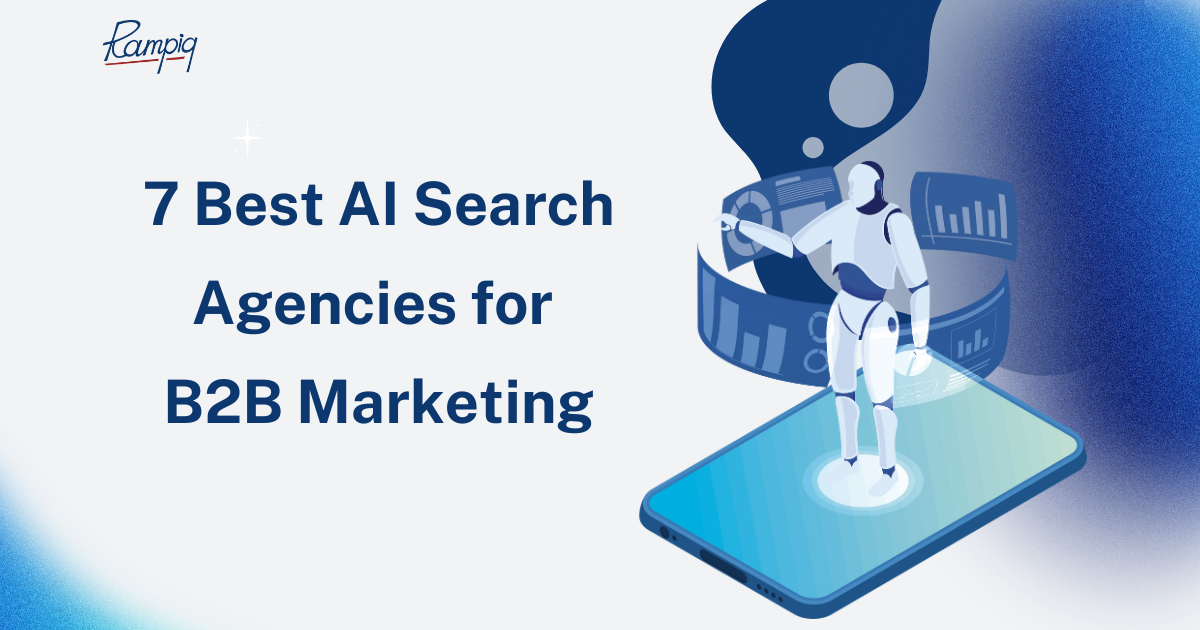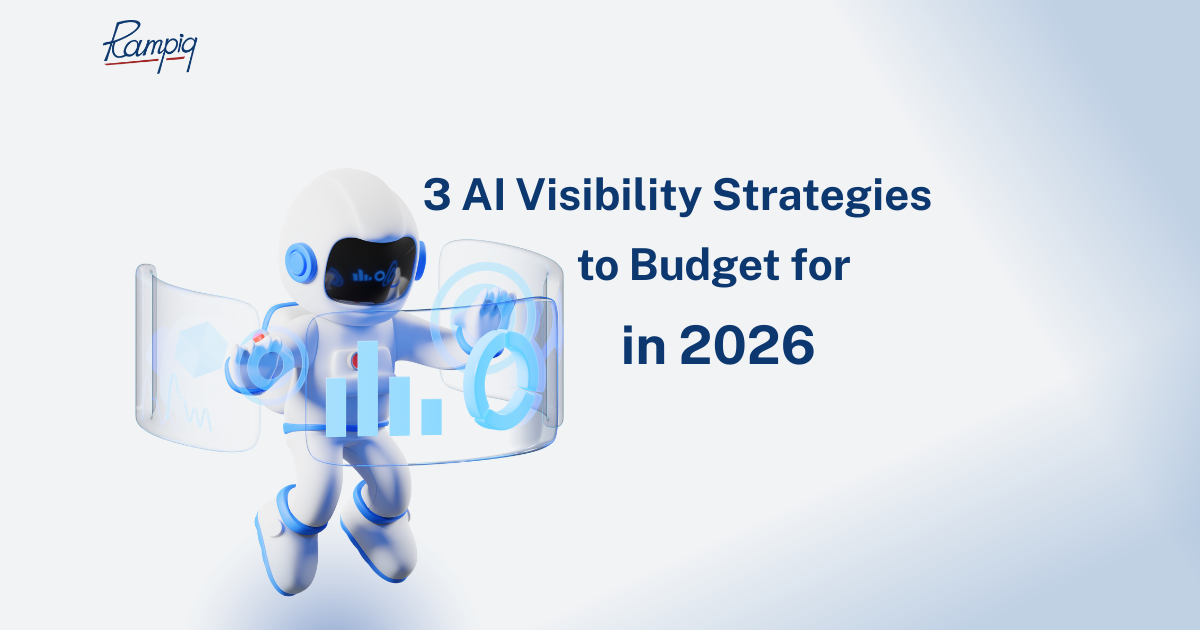How Do You Align Your Business Goals and SEO Goals?
SEO goals and business goals vary but have interconnected aims. Business goals are typically a broad set of objectives that define success for your business. They focus on overall company objectives to achieve success, such as increasing revenue, expanding market share, expanding into new markets, and improving customer satisfaction.
Search engine optimization (SEO), on the other hand, involves optimizing a website or online content to get more visibility by ranking higher on search engine results pages. The goal of SEO is to drive more organic traffic to a website, increase brand awareness, and ultimately generate more revenue for the business.
While these two sets of goals may vary in focus and scope, they share the same end goal – to improve the bottom line of the business. Here is how to align your SEO goals with broader business objectives to maximize the effectiveness of your online marketing efforts.
Create SMART SEO Goals
When setting SEO goals for SaaS businesses, it is essential to ensure they are specific, measurable, achievable, relevant, and time-bound (SMART). SMART SEO goals mean that the goals satisfy the following conditions:
- Specific: ensure that you know exactly what you want to achieve.
- Measurable: must be trackable and measurable.
- Achievable: must be realistic within the context of your business.
- Relevant: must align with your overall business objectives.
- Time-bound: must be set up to be achieved within a specific timeframe.
Align SEO & AI Visibility With Board-Level KPIs
We’ll connect your SEO and AI visibility metrics to pipeline so leadership sees real impact, not vanity numbers.
Determine Your KPIs and Tie Them to SMART Goals
To align your SEO and content marketing strategy to business goals, you must first identify your most relevant key performance indicators (KPIs). Not only should you identify these KPIs, but you should also tie them to the SMART goals you identified in the previous step
By tying your most relevant KPIs to your business’ SMART goals, your SEO team can ensure that their efforts are contributing to your company’s success.
Focus Your SEO Strategy on the Target Audience
Does your website receive decent organic traffic but doesn’t convert? Then it’s highly likely that your SEO strategy is not quite finetuned to your target audience’s needs and preferences. This understanding will inform your SEO team as they create and improve content strategies in the future.
Let’s consider the results we achieved for OMI as an example. OMI is a company that offers top-of-the-line CRM development and integration services. They had redesigned their website, and although the new site received decent traffic, it was not translating into leads.
The website needed to improve its visibility. OMI would need engaging, actionable content. In other words, the site’s SEO and OMI’s business goals needed alignment.
To achieve this, OMI would need specific, measurable, achievable, relevant, and time-bound (SMART) SEO objectives.
Our solution was an SEO strategy focused on expanding OMI’s online presence, putting their website in front of users who would take action. We worked on optimizing their website for relevant keywords, creating high-quality content that addressed the pain points of their target audience, and improving their website’s user experience.
Identify the Most Relevant Metrics for Your Goals
To ensure your SEO efforts are in sync with your business goals, you need to identify the most relevant metrics. For instance, if your business aims to generate leads, you should focus on metrics such as conversion rate, lead quality, and lead volume.
Focusing on the right metrics lets you track your progress and make informed decisions that will enable you to achieve your objectives.
Conduct Regular Audits
Auditing your website gives you a complete picture of the present state of your website. With regular audits, you will identify gaps in your SEO strategy and ensure the SEO and content marketing strategy align with your overall business objectives. Audits also help you identify technical issues, and opportunities to improve your content, and help you track your progress.
Integrate your SEO Strategy with Other Marketing Channels
Integrating your SEO tactics with other marketing channels helps you maximize your online presence and reach your target audience. For instance, you can use social media to promote your content and drive traffic to your website.
Enhance Collaboration Between Departments
Effective collaboration between departments in your company helps ensure that your SEO strategy stays aligned with your overall business objectives.
For instance, you can work with the content team to create content that aligns with your SEO strategy, collaborate with the sales team to generate leads and work with the product team to improve the user experience.
Don’t Ignore Local SEO
Local SEO is critical for businesses with a physical location as it helps you attract customers in your area. It involves optimizing your website and online presence to appear in local search results. To focus on local SEO, you need to ensure your Google My Business listing is accurate, target local keywords, and ensure your website is mobile-friendly.
What Should My Business SEO Goals Be?
Your business goals should inform your SEO strategy, ensuring that you gear your efforts toward meeting your objectives. It may, however, be challenging to set SEO objectives and goals for your business if you’re not sure what you want to achieve with your SEO efforts. Some search engine optimization goals include:
- Increase sales
- Grow organic traffic
- Optimize the internal linking structure
- Optimize backlink profile
- Increase conversions
- Improve the time users spend on pages
- Reduce bounce rate
- Maximize the speed of your website’s pages
- Strengthen your website’s domain authority
- Boost organic traffic and visibility
- Better measure results and ROI
From the above common SEO goals and objectives, it’s easy to see why it’s essential to align your SEO and business goals. Most of these SEO goals will directly impact your business goals, such as revenue generation and brand visibility. In this section, we will explain what your SEO business goals should be.
Increase Organic Traffic and Keyword Rankings
Organic traffic refers to website visitors that come from search engines such as Google, and the primary goal of SEO is to increase the organic traffic to your website. You also want the traffic from users searching for keywords that will lead them to take action on your website.
Targeted organic traffic means that your business is seen for free by users who are searching for your services or products. This can have the potential to exponentially increase your customer base, which is a key business goal.
Increase Conversions
Increasing conversions is a crucial business goal and one that goes hand-in-hand with SEO. This is because it directly impacts revenue as a higher conversion rate means more site visitors are taking a desired action on your website or landing page.
SEO increases conversions by attracting more relevant traffic to your website, ensuring that the traffic is from users who have a higher probability of converting, and providing visitors with a seamless user experience.
Enhance User Experience
User experience (UX) refers to your website visitors’ overall experience on the site, including how easy it is to navigate, how fast it loads, and how appealing it looks. You will want to enhance your website’s user experience as this keeps visitors longer on the pages and improves conversion rates.
To enhance UX, you need to optimize your website’s design, speed, and mobile responsiveness. These are activities that are performed in technical SEO and on-page SEO.
Google and other search engines rank the most valuable content highest on their search result pages. This makes the user experience a huge ranking factor, and optimizing for it will directly improve your website’s user retention and conversion rates.
Review your website’s UX and ensure that your pages pass core web vitals and similar tests.
Build Brand Awareness
SEO professionals work daily to get their websites to rank as high as possible for as many relevant keywords as possible on search engines. This is the most common SEO goal. Ranking high for relevant keywords (or search terms) means that your website’s pages are presented to your potential audience as sources of solutions to their queries.
However, SEO is not just about ranking high on search engines, but also about establishing your website as a credible and authoritative source in your industry. When your audience trusts your brand, they are more likely to engage with your content and ultimately convert into customers.
Why You Must Align Your SEO Goals and Business Goals
Aligning your SEO goals to your business goals is critical because it ensures that your SEO strategy is bringing the proper type of traffic to your website or landing page. It also improves your chances of reaching your intended business objectives – increased revenue, higher conversion rates, and increased brand awareness. This alignment also aids in resource prioritization and ensures that your SEO efforts are focused on the most significant regions.
It’s crucial to note that SEO, in recent times, is user-centric. Search engines want to deliver the best results to their users. This is evident based on the fact that most recent search algorithm updates have been about devaluing websites that do not show expertise, experience, authoritativeness, and trust.
In the last 3 months (as of the time of writing), Google has rolled out two Helpful Content updates, which, as the name gives away, evaluates websites based on the helpfulness of their content to end-users.
Furthermore, most of the website ranking factors of top search engines comprise elements that ensure that the top-ranking search results are the most relevant and most likely to satisfy the searcher’s query.
A good SEO strategy can help you rank higher in search results, attract more traffic, generate leads, and improve conversion rates. SEO can also help you build brand awareness and credibility, helping you stand out in a competitive market.
Here are some of the most prominent benefits of SEO for a B2B SaaS business:
- Improves visibility by increasing organic traffic to the website or landing page using relevant keywords related to the SaaS business’s products or services.
- Is a more sustainable way to drive traffic to the website or landing page as it attracts users who are more likely to convert, resulting in lower customer acquisition costs and higher lifetime value for the business.
- Targeted traffic: SEO presents your products to users who are actively searching for them. In contrast, marketing channels such as PPC advertizing deliver your product to an audience you have targeted.
- Enhances brand awareness by enhancing the company’s visibility and exposure on search engine results pages, resulting in more website traffic and potentially more leads or customers.
- By helping the business rank higher in search engine result pages than its competitors, SEO gives SaaS businesses a greater competitive edge over their rivals
- By providing valuable data on the performance of keywords, content, and user behavior, which can inform and optimize overall marketing efforts, such as social media, email, and paid advertising. These insights can improve strategies for your other marketing channels.







